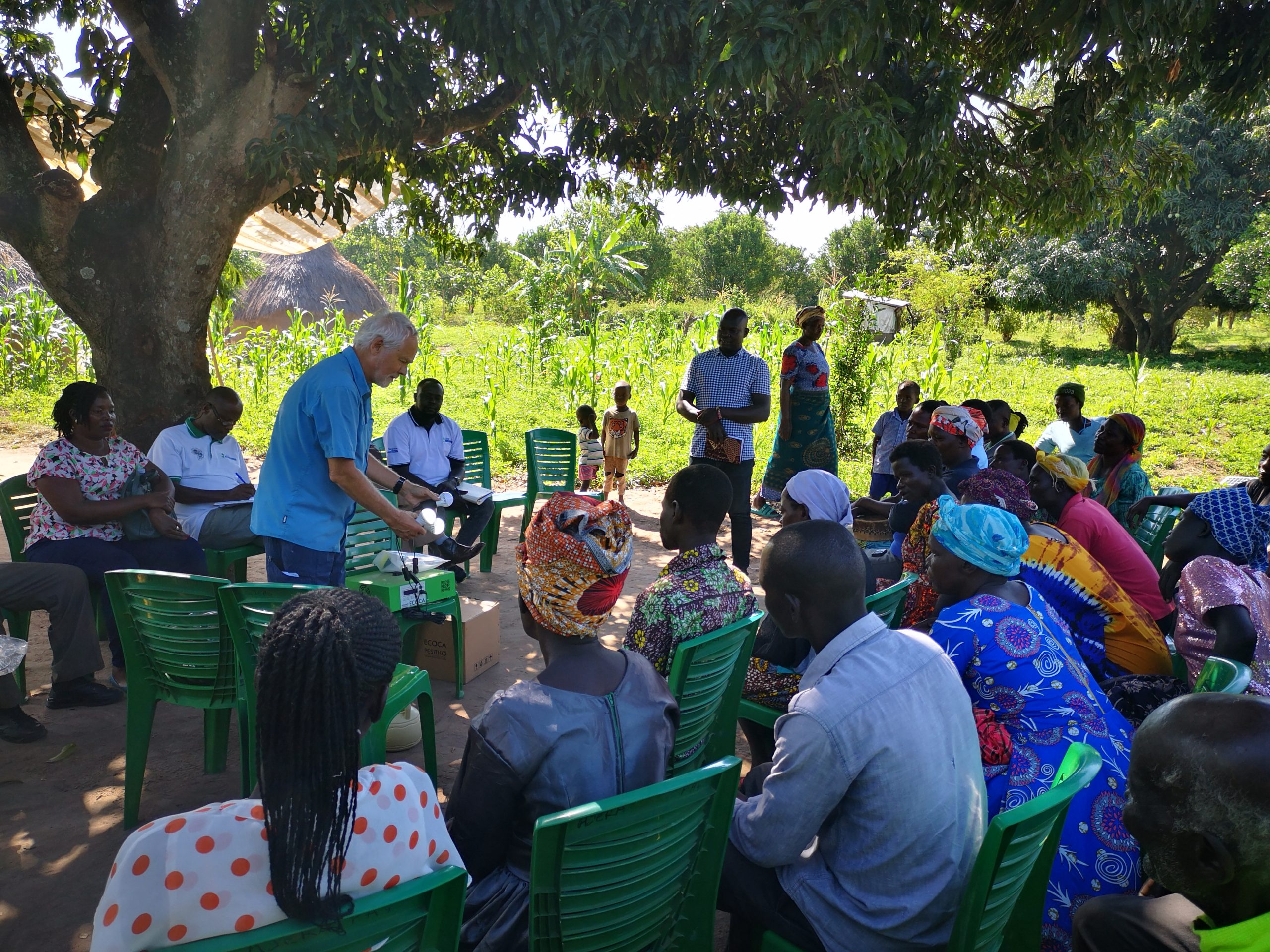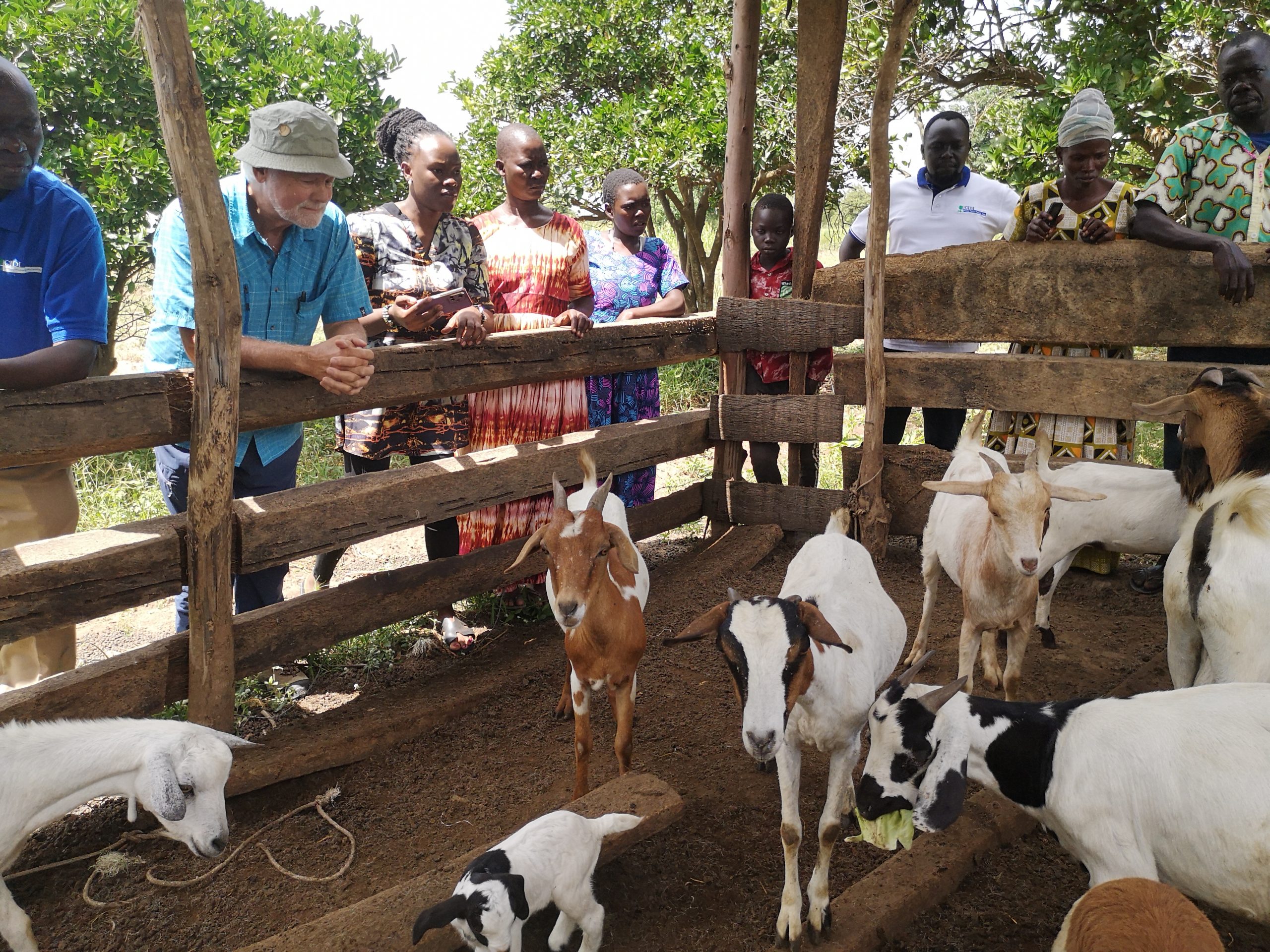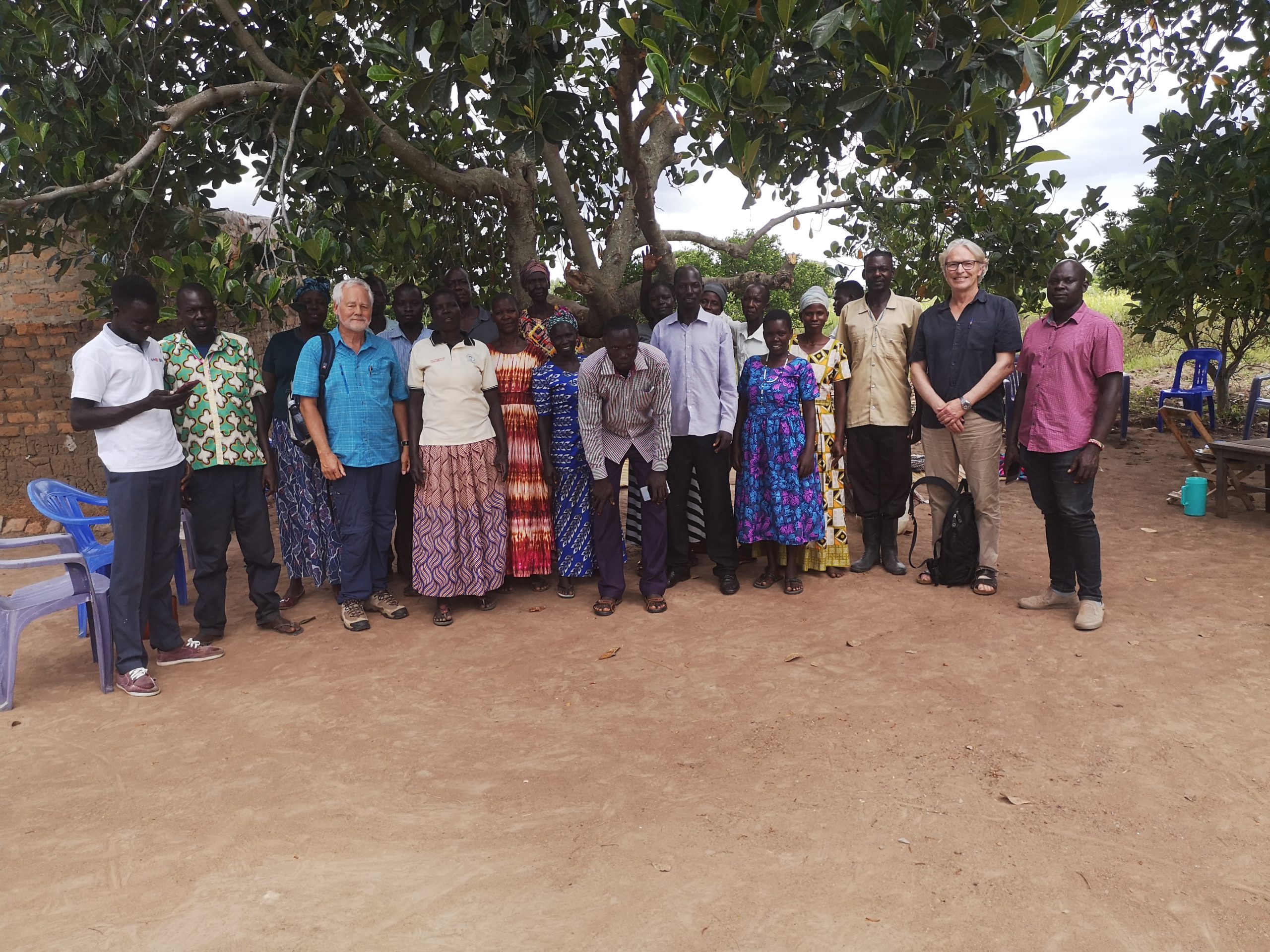Sustainable Environmental Agro Solutions – SEAS III
Landbrug
Uganda
Beskrivelse:
Sustainable Enviromental Agro Solutions / Close Out Phase (SEAS III)
Bæredygtige løsninger indenfor miljø og landbrug i Soroti distriktet.
Projektet er en forlængelse af SEAS I & II. Gode resultater giver grundlag for et kort, afsluttende projektforløb. Det skal sprede erfaringerne og skabe varig forankring i hele distriktet.
14 ”Farmer Field Environmental Learning Groups” (FFLEG) med tilhørende ”Village Saving and Loans Associations” (VSLA) udgør fortsat grundstammen. Fortalervirksomhed og politisk påvirkning er vigtige elementer. Midlet er en ”District Environment and Climate Advocacy Platform” (DCAP) samt brug af lokale medier og foregangseksempler. SEAS-erfaringerne forventes at indgå i de regionale udviklingsplaner. Grupperne styrkes ved at integrere 140 unge som nye deltagere.
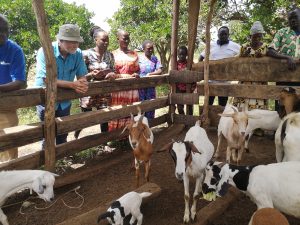
SEAS har skabt meget brugbare bæredygtige løsninger indenfor fødevareproduktion, madlavning, biogas, vanding, alternative indkomstkilder og beskyttelse af de sårbare vådområder. VSLA’erne har bidraget til at finansiere børnenes skolegang og sammenholdet i grupperne er stort. SEAS III vil fremme kollektive investeringer og skabe små erhvervsvirksomheder, også udenfor landbrugserhvervet.
Projektperiode: 15. marts – 15. september 2024.
Formål: Formidling og varig forankring af resultaterne fra SEAS I & II.
Målgruppe: 14 FFELG/VSLA med hver 30 husholdninger samt 140 nye unge deltagere. I bredere forstand hele Soroti Distriktet.
Aktiviteter: Træning, rådgivning, fortalervirksomhed, støtte til FFELG’erne, og VSLA’erne, integrere unge.
Samarbejdspartner: Community Integrated Development Initiatives (CIDI).
Finansiering: 495.721 kr. (CISU).
Projektgruppe: Kjeld Lanng, Kelvin Baadsgaard, Poul Krøijer, Niels Harsberg, Jan Thorn Clausen og Lone Jacobsen.
Projektansvarlig og primær kontaktperson: Kjeld Lanng, SuG Nord.
===============================================================================
English version:
The project is an extension of SEAS I & II. Good results provided the basis for a short, final project cycle. It will spread experiences and create lasting anchorage throughout the district.
14 Farmer Field Environmental Learning Groups (FFLEG) and associated Village Saving and Loans Associations (VSLA) remain the backbone. Advocacy and political influence are important elements. The means are a “District Environment and Climate Advocacy Platform” (DCAP), use of local media and pioneering examples. SEAS experience is expected to feed into regional development plans. The groups are strengthened by integrating 140 young people.
SEAS has created very useful sustainable solutions within food production, cooking, biogas, irrigation, alternative sources of income and protection of the vulnerable wetlands.
The VSLAs have helped to finance the children’s schooling and the unity in the groups is solid. SEAS III will promote collective investment and create small businesses, including some “off farm activities”.
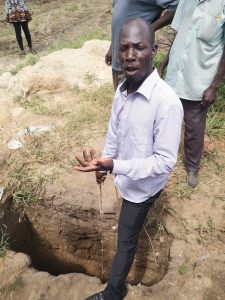
Project period: March 15 – September 15, 2024.
Objective: Dissemination and lasting anchoring of the results of SEAS I & II.
Target group: 14 FFELG/VSLA, each with 30 households and 140 new young participants. In a broader sense, the entire Soroti District.
Activities: Training, counselling, advocacy, supporting the FFELGs and the VSLAs integrating young people.
Partner: Community Integrated Development Initiatives (CIDI).
Funding: DKK 495,721 (CISU).
Project group: Kjeld Lanng, Kelvin Baadsgaard, Poul Krøijer, Niels Harsberg, Jan Thorn Clausen and Lone Jacobsen.
Project manager and primary contact person: Kjeld Lanng, SwB Nord.

